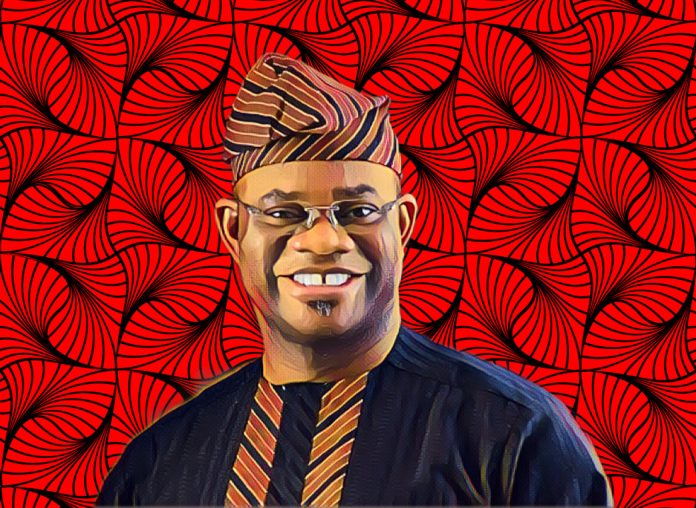In light of the burgeoning controversy surrounding the Economic and Financial Crimes Commission’s (EFCC) recent actions against the former Governor of Kogi State, Yahaya Bello, Civil Society Organisations (CSOs) and human rights lawyers are sounding the alarm over what they perceive as a misuse of the anti-graft agency’s powers. These concerned groups, united under the Committee for The Defence of Democracy and Rule of Law, have issued a stark warning against the potential politicization of corruption charges, which they argue could undermine the integrity of Nigeria’s fight against corruption under President Bola Tinubu’s administration.
At a press conference in Abuja, Barrister Kayode Mogbojuri, representing over a hundred CSOs, expressed apprehension over the EFCC’s seemingly targeted approach towards certain individuals. This approach, according to Mogbojuri, risks transforming the EFCC into an instrument of political vendetta, thereby diluting its efficacy as an impartial body dedicated to eradicating corruption.
The case of Yahaya Bello, accused by the EFCC of corruption dating back to before his gubernatorial tenure in September 2015, stands as a contentious example. Critics argue that the charges, flawed by historical inaccuracies, highlight a rushed and inadequately vetted attempt to tarnish Bello’s reputation. Furthermore, the assertion by the EFCC that Bello was evading capture, despite no public summons, has been criticized as indicative of a broader campaign of political persecution.
The involvement of individuals like JS Okutepa SAN, associated with political rivals of Bello, has further fueled suspicions of the EFCC’s motives being influenced by political agendas rather than judicial evidence. This is compounded by the EFCC’s alleged disregard for a restraining order from the High Court of Justice, Lokoja Division, which sought to protect Bello and his appointees from arrest pending the resolution of a motion for the enforcement of his fundamental human rights.
The CSOs’ concerns extend beyond the immediate implications for Bello, touching on broader apprehensions about the future direction of the EFCC under Ola Olukoyede’s leadership. They caution against a deviation from the agency’s foundational principles, which could jeopardize not only its domestic credibility but also its standing on the international stage. The activists emphasize the necessity for the EFCC to adhere strictly to legal and ethical standards, avoiding entanglements in political disputes that could detract from its core mission.
In advocating for a recalibration of the EFCC’s focus, these organizations underscore the importance of preserving the rule of law and ensuring that anti-corruption efforts are conducted without bias or ulterior motives. They appeal to the EFCC to reaffirm its commitment to impartiality, professionalism, and adherence to President Tinubu’s anti-corruption agenda, which promises a zero-tolerance policy towards all forms of graft. By steering clear of political machinations and upholding the principles of justice, the EFCC can reinforce its role as a pivotal institution in Nigeria’s ongoing battle against corruption, thereby securing the trust and support of both Nigerian citizens and the international community.



